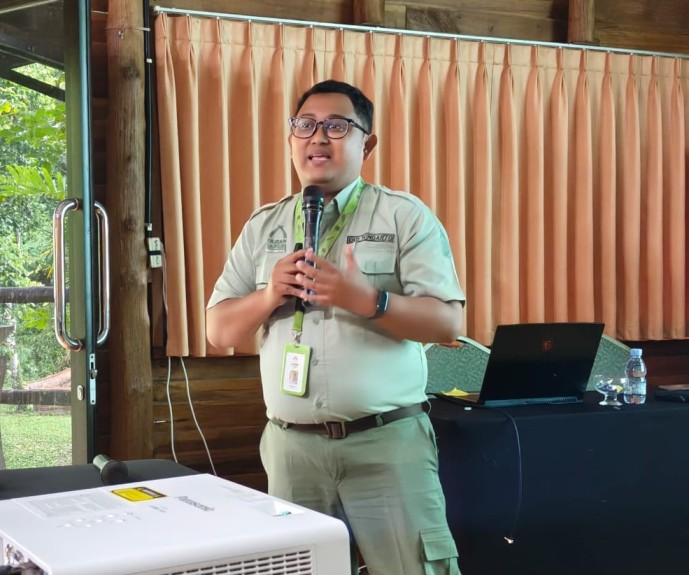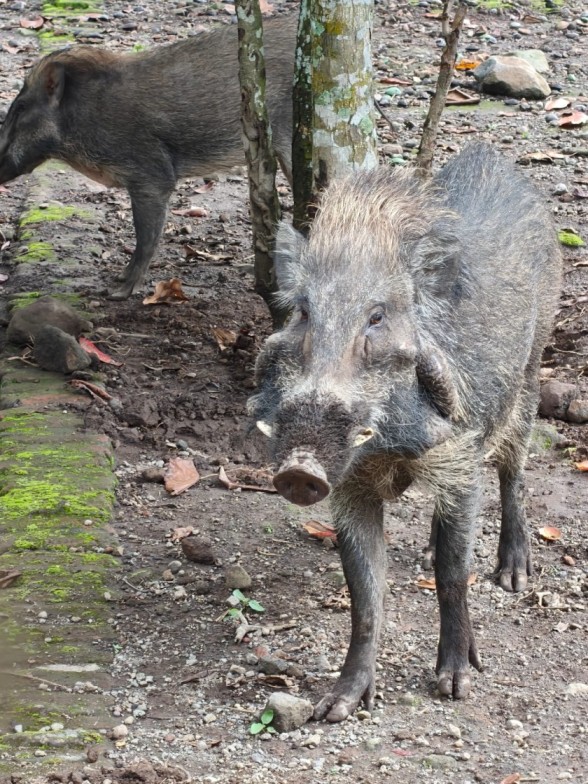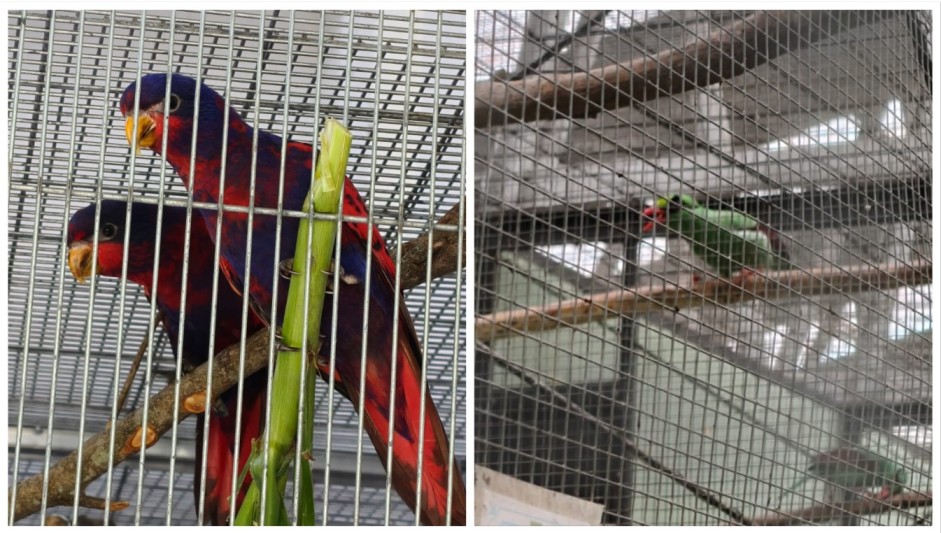COVID-19 – Indonesia conducts clinical trial for herbal immunomodulator

Jakarta (Indonesia Window) – A research team from the Indonesian Institute of Sciences (LIPI) on Sunday (Aug 16) completed a clinical trial of immunomodulatory candidates derived from native Indonesian herbal plants for COVID-19 patients.
Two products which were clinically tested were Cordyceps militaris (a type of mushroom) and a combination of herbal extracts consisting of red ginger (Zingiber officinale var Rubrum), Phyllanthus niruri leaves, Andrographis paniculata, and Blumea balsamifera, according to LIPI’s statement received by Indonesia Window on Tuesday.
Currently, the clinical trial data is being verified to ensure the accurate results before they are sent to the National Agency of Drug and Food Control (BPOM) as the regulator.
“The clinical trial of immunomodulators with original materials from Indonesia’s biodiversity is the first to be carried out independently, involving many parties to ensure its objectivity and accuracy,” Head of LIPI Laksana Tri Handoko said.
Handoko added, if the two immunomodulators were proven and declared efficacious by the agency based on the analysis of clinical and research test data, the product could become phytopharmaceuticals.
“If they become phytopharmaceuticals, immunomodulatory products can be mass produced and prescribed by doctors. Of course, the price is relatively much cheaper as the formula and raw materials are local,” Handoko said.
Meanwhile, Masteria Yunovilsa Putra from LIPI’s Biotechnology Research Center explained that the final results would be delivered based on the agency’s analysis on the clinical trials provided by the LIPI team.
“We will not declare a claim for their efficacy until there is an official result from the National Agency of Drug and Food Control,” said Masteria as the Coordinator of Clinical Trials for Herbal Immunomodulator Candidates for Handling COVID-19.
Masteria explained that the clinical trial involved 90 subjects ranging in age from 18 to 50 years old who were given intervention for 14 days.
The subjects are new positive COVID-19 patients confirmed by the Reverse Transcription-Polymerase Chain Reaction (RT-PCR) test and have mild pneumonia symptoms.
“The subjects should not be pregnant or suffering from such other diseases as dengue fever, typhoid fever, heart problems, kidney problems, or have allergies to the products,” Masteria noted.
The clinical trial is conducted under blinding systems, meaning neither the subject nor the researcher knows what is given to the subjects is one of the products tested, or a placebo (substances that are made to resemble drugs but do not contain an active drug).
“The clinical trial method for immunomodulator candidates is randomized, controlled, double-blind with placebo in order to avoid bias in the study,” Masteria pointed out.
There are two tested-products and one placebo that were given randomly and evenly to 90 subjects who were divided into three groups.
The first treatment group received standard therapy for COVID-19 and Investigational Product 1 (herbal combination); the second treatment group received standard therapy for COVID-19 and Investigational Product 2 (Cordyceps); and the control group received standard COVID-19 therapy and a placebo.
The main objective of the clinical trial is to determine the duration to achieve improvement in non-specific clinical symptoms.
“The clinical trials is also aimed at finding out how long it will take to achieve a negative RT-PCR result after patients getting improvement in clinical symptoms,” Masteria said.
Reporting by Indonesia Window

.jpg)








